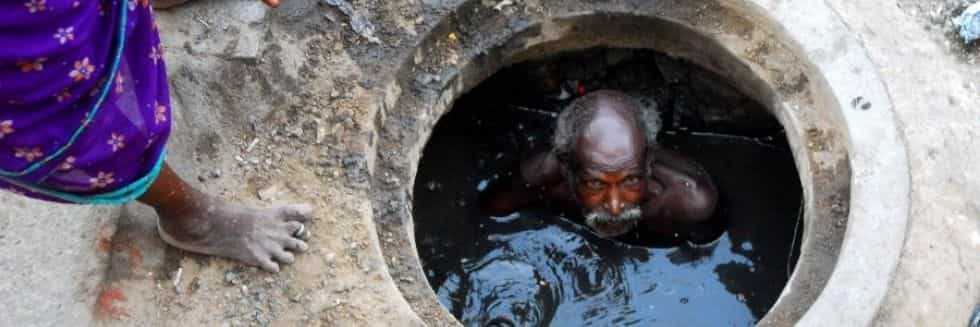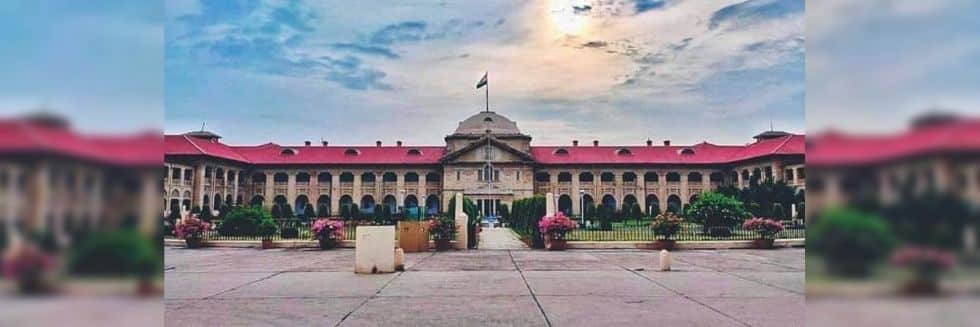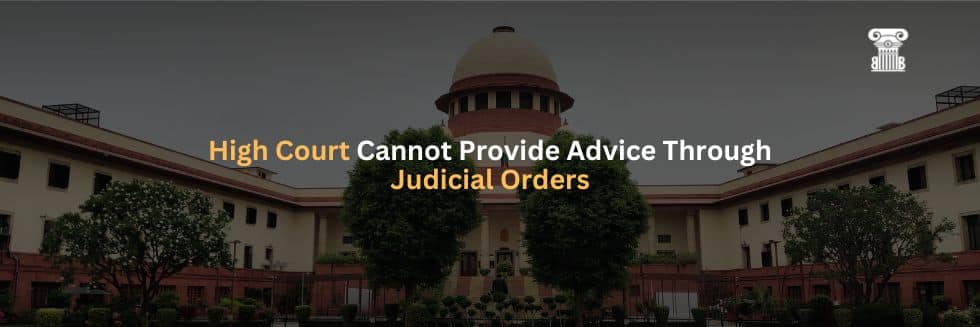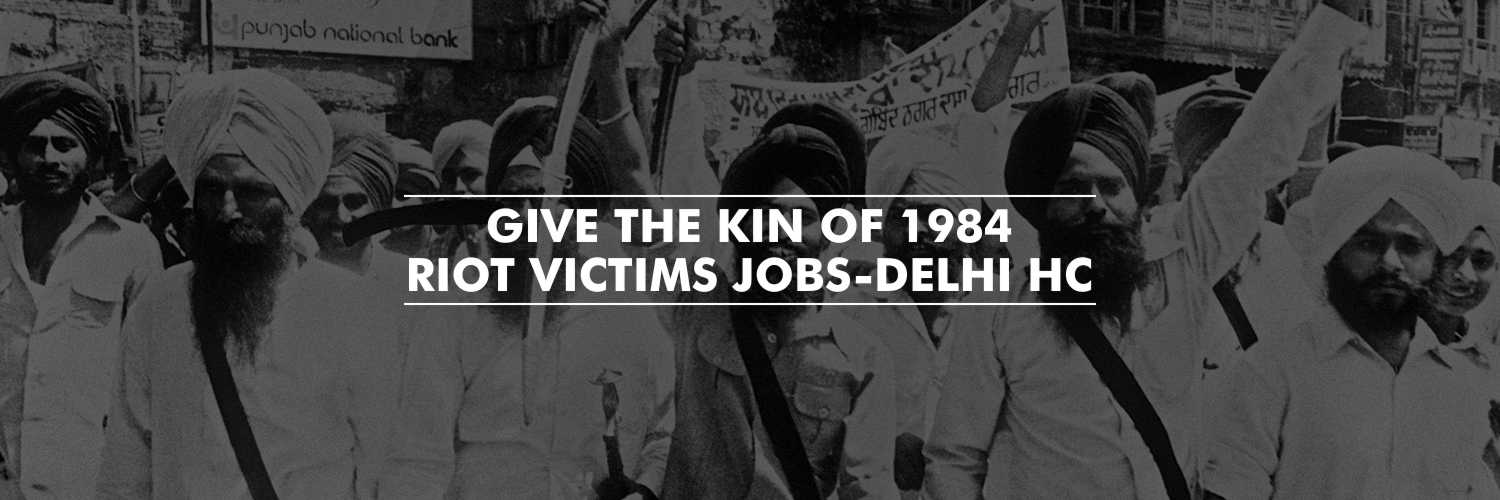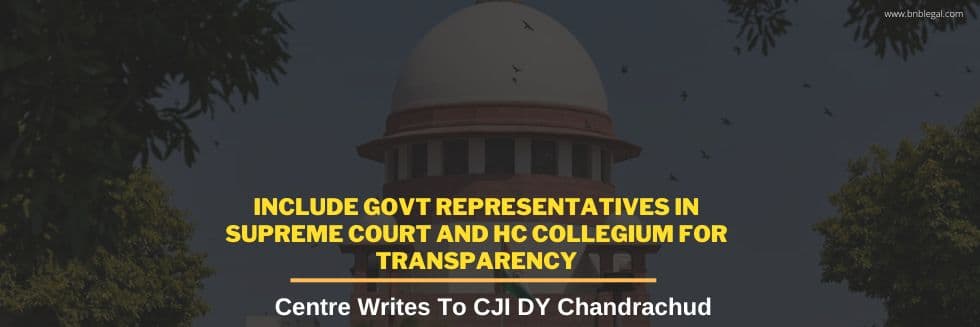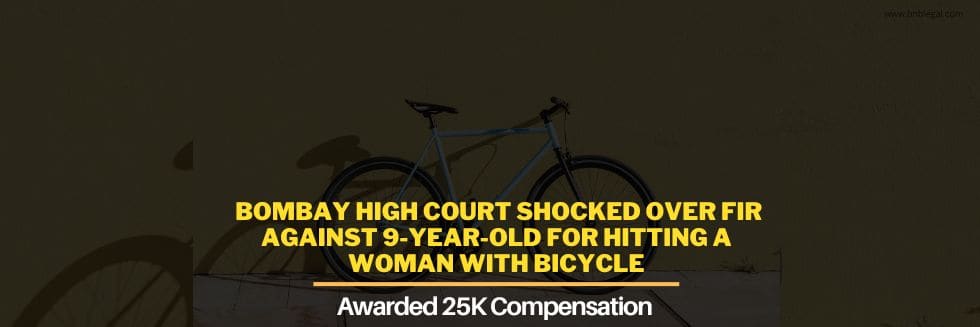Karnataka High Court has directed the state government to file its response over the memo filed in connection to the two deaths of manhole workers and another incident of sweeper committing suicide after allegedly being forced to do manual scavenging.
The division bench headed by Chief Justice Abhay Shreeniwas Oka issued the order after advocate, Clifton D Rozario filed a memo seeking fair and proper investigation in a sweeper’s suicide in pourakarmika of a Maddur Town Municipality, in Karnataka after being forced to clean the manhole without any safety measures or gloves.
Advocate Rozario representing All India Central Council of Trade Union submitted before the High Court bench that 37 year old Narayana was harassed by the officials to admit that he had entered the manhole voluntarily and was provided with all the safety equipment. As per the suicide note recovered, he was forced to do the manual scavenging. Narayana left behind three children aged 12, 10, and 7.
The petitioner organization, All India Central Council for Trade Union has stated that they have submitted a memorandum to the Directorate of Municipal Administration to initiate immediate action against the erring officials and also compensate deceased’s family.
The memo filed has sought directions to the respondents to provide all the rehabilitation and compensation benefits under Prohibition of Employment of Manual Scavengers and Their Rehabilitation Act, 2013. The memo also seeks the State government to issue a circular to ensure the proper prohibition of engaging persons in any form of manual scavenging, including cleaning of manholes, sewage pipes, underground drainage pipes, etc.
The High Court bench also expressed its displeasure over the report submitted by Karnataka Urban Water Supply and Drainage Board in connection to the investigation into the death of two manhole workers – Lal Ahmed (30) and Rasheed Ahmed (25) on January 28. It was alleged that they were made to do manual scavenging by the authority.
Advocate Rozario stated that the authorities claim that the deceased slipped into the manhole and died. The bench also noted that the report was submitted without any proper inquiry.
“Prima facie it appears to us that the Executive Engineer at Kalaburagi without holding any inquiry has submitted the report that the worker of the contractors accidentally slipped into the manhole chamber and to save him other two workers of contractors entered the chamber. The report shows that no inquiry was held by the executive Engineer and Respondent 12, seems to have acted on the basis of the report which is without any basis,” observed the court.
In the interim order passed in December 2020, the court noted, There can be no dispute that our constitutional philosophy does not permit any form of manual scavenging. Right of a citizen to live with dignity is an integral part of the fundamental rights guaranteed to the citizens under Article 21 of the Constitution of India. The preamble of the Constitution shows that the Constitution seeks to protect the dignity of an individual. There can be no dispute that manual scavenging is most inhuman and it infringes the fundamental rights guaranteed under Article 21.”
“If any citizen is forced to do manual scavenging, it will be a gross violation of his fundamental right conferred under Article 21 of the Constitution of India. Under Article 47 of the Constitution of India which is a part of Directive Principles of the State Policy, the State is under an obligation to endeavor to improve the standard of living of its people,” the bench held.
The matter will now be heard on March 16.
